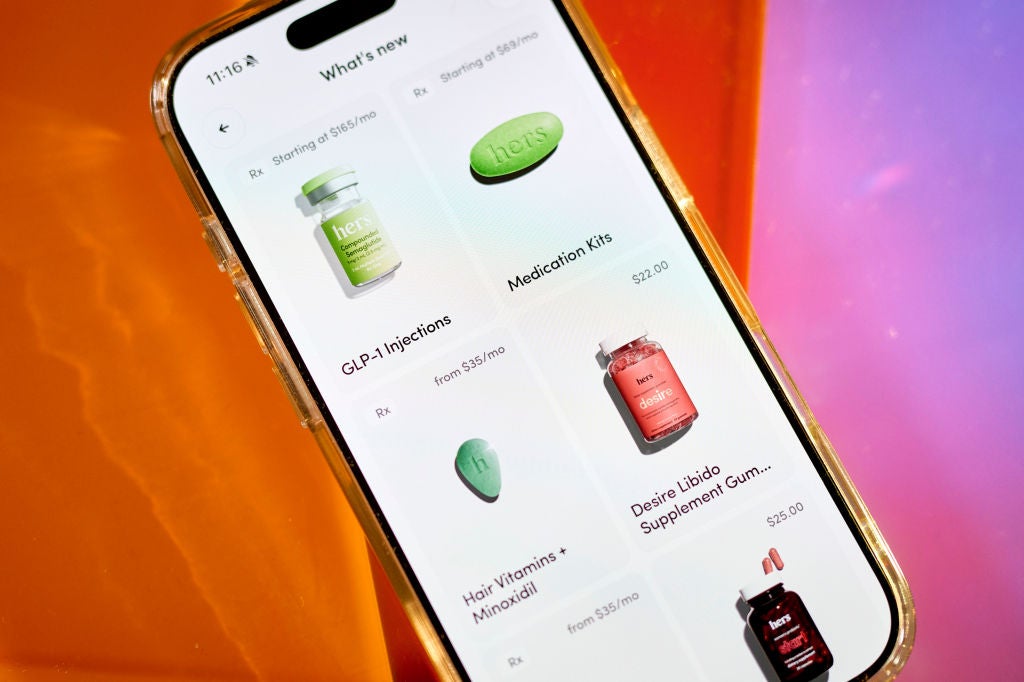Roche invests $7 billion to compete with Merck in the bowel disease market
Roche has made a significant $7 billion investment to challenge Merck & Co in the realm of bowel disease. This strategic decision comes on the heels of previous reports hinting at a potential collaboration and solidifies Roche’s commitment to this endeavor. In this move, the Swiss pharmaceutical giant is set to disburse an upfront payment […] The post Roche invests $7 billion to compete with Merck in the bowel disease market appeared first on LifeSci Voice.

Roche has made a significant $7 billion investment to challenge Merck & Co in the realm of bowel disease. This strategic decision comes on the heels of previous reports hinting at a potential collaboration and solidifies Roche’s commitment to this endeavor.
In this move, the Swiss pharmaceutical giant is set to disburse an upfront payment of $7.1 billion to Roivant and Pfizer, securing exclusive regional rights to an emerging bowel disease candidate poised to enter phase 3 clinical trials.
The agreement also includes a near-term milestone payment of $150 million. This arrangement grants Roche exclusive rights to RVT-3101, an anti-TL1A antibody, within the territories of the United States and Japan. The backdrop for this substantial initiative is the mounting interest in targeting TL1A, spurred by the release of mid-phase data related to RVT-3101 and MK-7240, a competing candidate that Merck acquired earlier in the year. These data reveal the potential for enhanced outcomes in conditions like ulcerative colitis when focusing on this specific protein.
Roche’s position as a frontrunner in TL1A-related advancements has been solidified through its acquisition of Telavant, a biotechnology company established as a joint venture by Roivant and Pfizer to drive the development of RVT-3101 within the U.S. and Japan. Roivant holds a majority stake of 75% in Telavant, while Pfizer retains the remaining 25% and maintains the rights to RVT-3101 for the rest of the world.
This partnership marks a swift triumph for Roivant, as the collaboration with Pfizer was initiated just 11 months ago. For Roche, the acquisition of Telavant provides a valuable opportunity to directly compete with Merck in what promises to be a highly profitable market. While developers of TL1A therapies are initially concentrating on ulcerative colitis, a condition for which RVT-3101 is ready for phase 3 trials, their aspirations encompass a broader spectrum of ailments, including Crohn’s disease and related disorders.
Roche’s CEO, Thomas Schinecker, has expressed unwavering confidence in the transformative potential of this innovative TL1A-targeted antibody. He envisions its ability to significantly benefit patients grappling with inflammatory bowel disease and potentially extend its therapeutic impact to other ailments.
This agreement culminates a noteworthy year in the TL1A domain. In November, Pfizer initiated a collaboration with Roivant to advance its proprietary drug candidate, resulting in the establishment of Telavant as a jointly owned biotechnology enterprise with regional rights to the asset. Any initial doubts about the potential of TL1A were dispelled as a result of the encouraging clinical data jointly disclosed by Prometheus Biosciences and Roivant.
The compelling results prompted Merck to make a substantial investment of $10.8 billion to acquire Prometheus. In a testament to the growing interest in this field, Sanofi also entered the scene by partnering with Teva in a $500 million collaboration aimed at co-developing a drug candidate. This move positioned them in the race, although slightly behind the frontrunners, in the pursuit of bringing TL1A treatments to market.
In addition to securing rights to a leading TL1A contender, Roche has gained the option to collaborate on a potentially groundbreaking development. This option enables Roche to establish a global partnership with Pfizer for the development of a p40xTL1A bispecific antibody, currently in the early stages of phase 1 clinical trials.
The post Roche invests $7 billion to compete with Merck in the bowel disease market appeared first on LifeSci Voice.
What's Your Reaction?

































